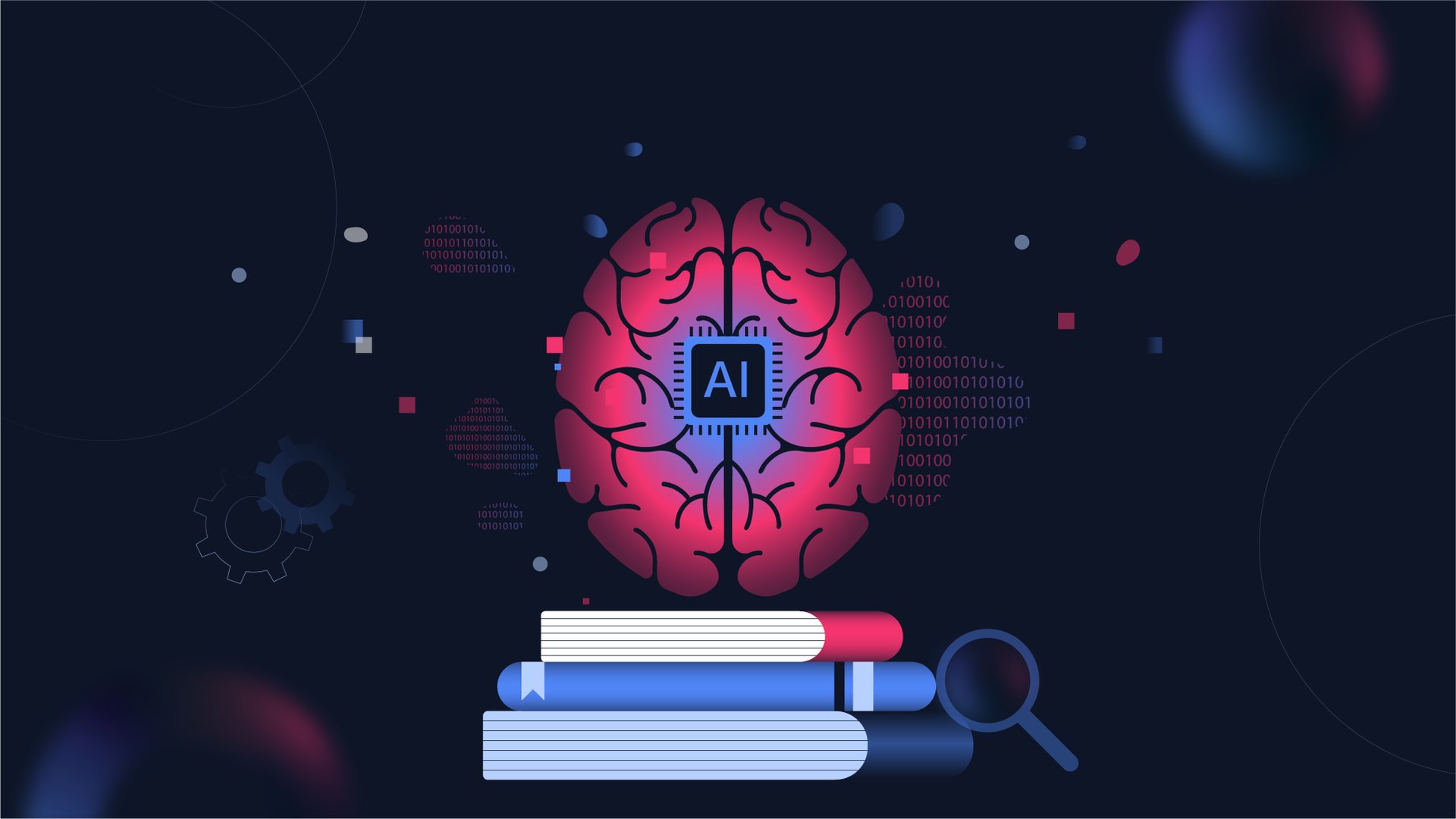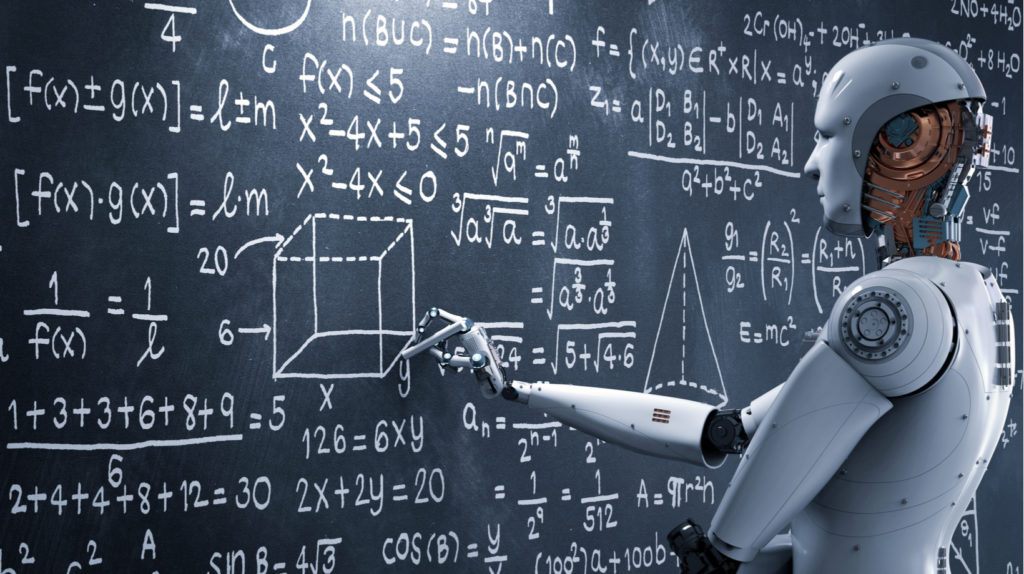
How is AI in education transforming the way we teach and learn? As institutions integrate advanced technologies, educators and students alike experience innovative ways to enhance knowledge acquisition. From smart classrooms to personalized learning environments, AI is reshaping our approach to education.
Understanding AI in Education
AI in education refers to the application of artificial intelligence technologies to enhance learning experiences, curriculum development, and administrative processes. Here are some key components:
- Adaptive Learning Platforms: These platforms tailor educational content to meet individual student needs.
- AI Tutors: They provide supplementary support for students, helping with homework and improving comprehension.
- Data Analytics: Institutions use AI to analyze student performance, identifying at-risk learners early.
The Rise of Smart Classrooms
Smart classrooms leverage technology to create dynamic learning environments. Benefits include:
- Enhanced Engagement: Interactive technology keeps students interested.
- Real-Time Feedback: Teachers receive immediate insights on student performance.
- Collaboration Tools: Encourage group work and communication among students.
Personalized Learning: The Future of Education
Personalized learning powered by AI offers tailored educational experiences by customizing content and pace as per individual student preferences. Key advantages include:
- Increased student motivation through relevance and choice.
- Improved learning outcomes by addressing specific strengths and weaknesses.
- Flexible learning paths adapting to student needs over time.
Benefits of AI Tutors
AI tutors provide crucial assistance, aiding students in various ways:
- 24/7 availability for homework help and study sessions.
- Immediate feedback enhances learning efficiency.
- Personalized suggestions based on individual progress and challenges.
Challenges and Considerations in AI Integration
Despite numerous advantages, implementing AI in education comes with challenges:
- Data Privacy: Protecting student information is paramount.
- Bias in Algorithms: AI systems must be continually assessed to ensure fairness.
- Teacher Training: Educators need training to fully utilize AI tools.
For further information, check the detailed AI report from U.S. Department of Education and a comprehensive guide by Microsoft.

Conclusion
AI in education is revolutionizing the teaching and learning landscape. With the integration of smart technologies, personalized learning, and AI tutors, both students and educators can benefit immensely. The future is promising for AI in education, driving innovation and inclusivity.
Call-to-Action
Have you experienced AI in your learning environment? Share your thoughts in the comments below!
Frequently Asked Questions
What are the benefits of using AI in education?
AI enhances learning through personalized experiences, smart classroom technologies, and efficient administrative processes.
How do AI tutors assist students?
AI tutors provide on-demand help, offering personalized insights and strategies tailored to individual student needs.
What challenges arise with AI in education?
Challenges include addressing data privacy, mitigating bias in algorithms, and ensuring adequate teacher training.
Are smart classrooms effective?
Yes, smart classrooms improve engagement and provide real-time feedback, leading to better learning outcomes.
How can institutions ensure ethical AI use?
Institutions must prioritize data privacy, algorithm transparency, and ongoing teacher education to use AI effectively.
For more AI tools, click here.
Free AI Tools


